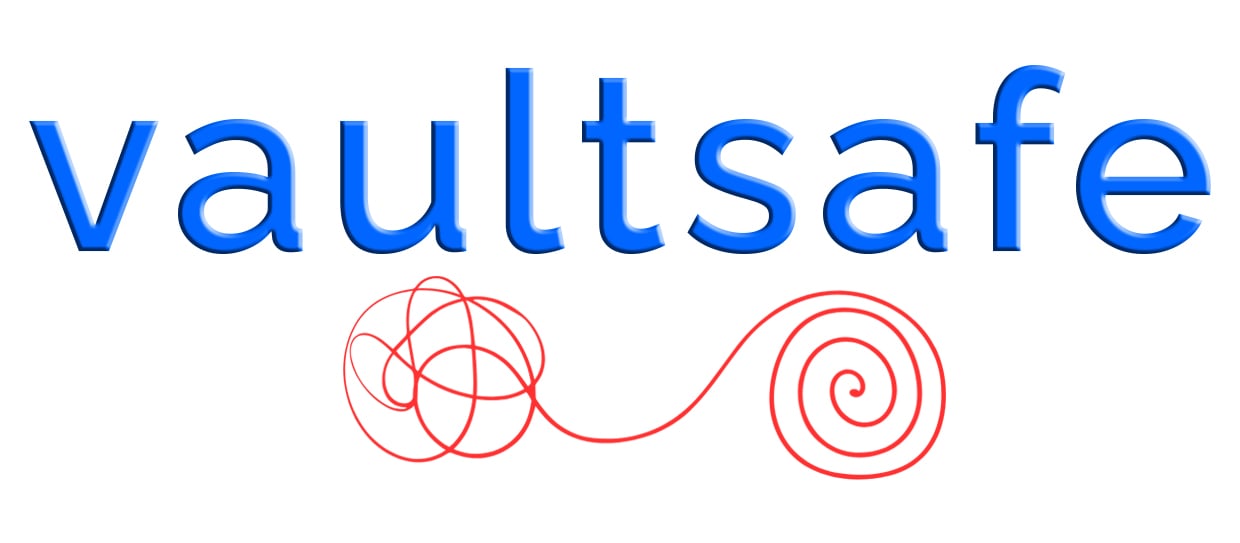Continuity of care in crisis: The importance of a clinical will for therapists
Published
Read time
A commitment to client care extends beyond the therapy room - even into unforeseen circumstances. One crucial yet often overlooked aspect of professional responsibility is having a clinical will. Without one, clients may be left without support, leading to distress, confusion, and in some cases, formal complaints or legal claims.
At Howden, we view clinical wills not just as good practice, but as a vital risk mitigation tool. They help safeguard you and your clients by ensuring continuity of care and reducing the likelihood of reputational or regulatory issues. With complaints and claims becoming more prevalent in situations where therapists are suddenly unavailable, having a clinical will is an essential part of delivering responsible and ethical service.
Vaultsafe, a secure platform for managing clinical wills, has provided valuable insights into what a clinical will entails and why it’s so important for therapists to have one in place.
What is a clinical will?
A clinical will is a document created by therapists, counsellors, coaches and other mental health professionals that outlines what should happen to your practice if you’re suddenly unable to work due to illness, incapacity or death.
Why every therapist should have a clinical will
Ethical and professional responsibility
- Helps ensure continuity of care for clients, making sure they are informed when something happens to you unexpectantly and supports them transition smoothly to another therapist
- Upholds confidentiality by designating a trusted colleague/professional – your executor – to manage sensitive client records
- Meets ethical and professional standards set by professional bodies and your insurer
Client support and closure
- Provides clients with timely communication and emotional support during unexpected disruptions
- Helps clients process the ending of therapy and find new support if needed
Practical and administrative relief
- Minimises the emotional and administrative burden on family or friends who may otherwise struggle with managing your practice during a time of crisis
- Depending on how far you wish it to go, it can offer clear instructions for handling digital legacies, financial matters and practice closure
Peace of mind for you
- Gives you confidence that your clients and professional legacy are protected
- Allows you to plan ahead with sensitivity and professionalism for worst-case scenarios
Setting up and maintaining your clinical will
Having a clinical will in place means that you have a plan. Like all plans it will require a little effort to set up and thereafter it’s a matter of periodically checking to ensure it remains up to date with any changes going on in your practice.
Appoint a clinical executor
- This will normally be a qualified colleague who you trust and who understands confidentiality and ethical practice
- Have an agreement in place between you
- Provide them with secure access to your clinical will
- Ensure they know how to initiate the process if you’re suddenly unavailable
Keep it up to date
- Regularly update client lists, contacts and any other information
- Include instructions for [digital] records, passwords and practice closure
- You may wish to include your insurance details
- Make sure your executor knows where to securely find everything they require
Inform key people
- Let you next of kin or a trusted friend know who your clinical executor is
- If needed, inform your Personal Will executor so they don’t interfere with clinical matters
- Notify your supervisor or professional body if required
When its activated
- Your trustee will contact your clients, supervisor and others to sensitively inform them
- They can help clients transition to new therapists or offer closure
- They will manage your practice’s ethical and legal responsibilities, including data protection
If you currently have a clinical will in place
- Review how up to date this is
- Check in with your executor that they remain comfortable with your position
- Share and recap how to access your clinical will
- Remind your next of kin who your executor is and how to contact them

A secure solution from Vaultsafe
Vaultsafe have created a secure online clinical will that can be updated from any device and from anywhere. This ensures your executor always has access to the latest information - giving you peace of mind that your clients and practice are protected.
Discover more information on Vaultsafe’s services